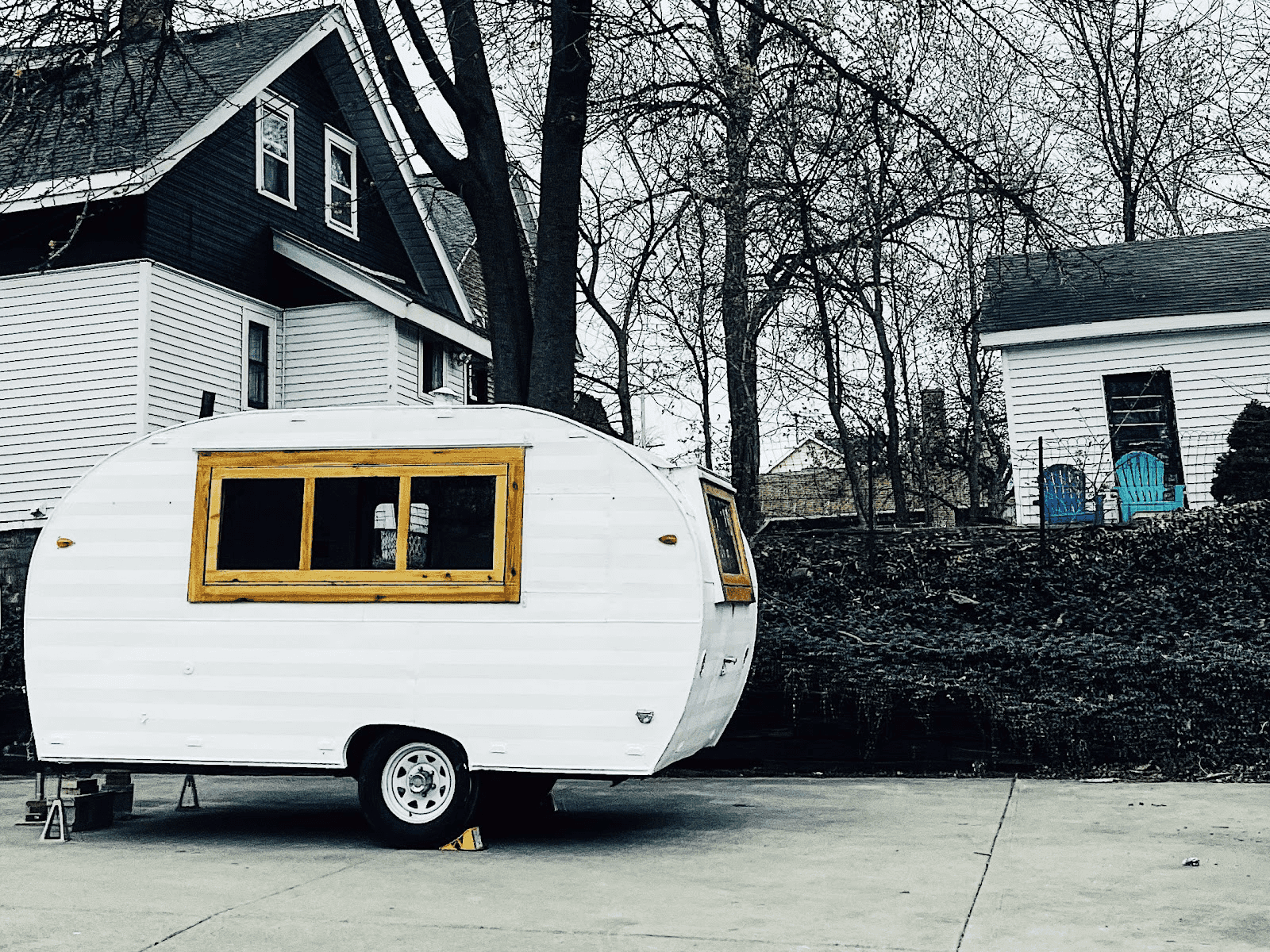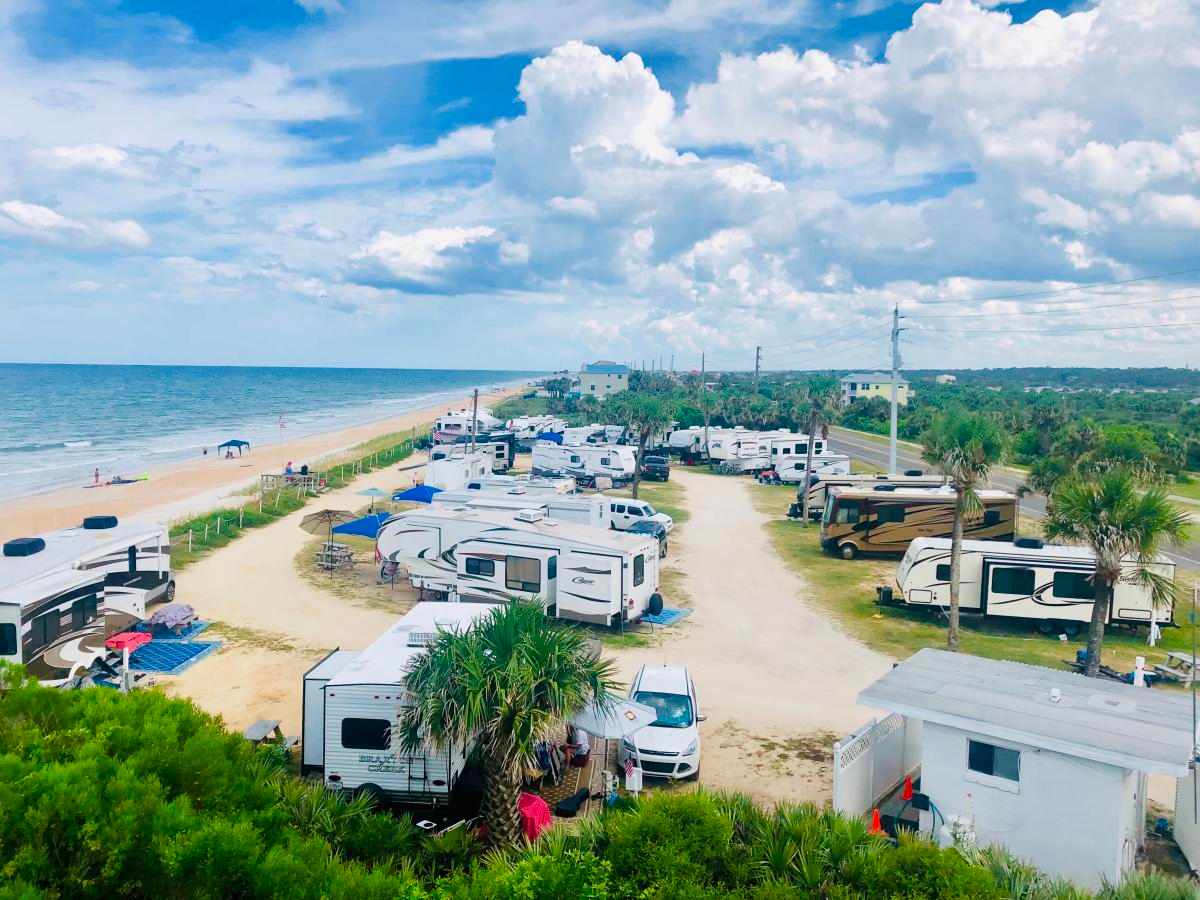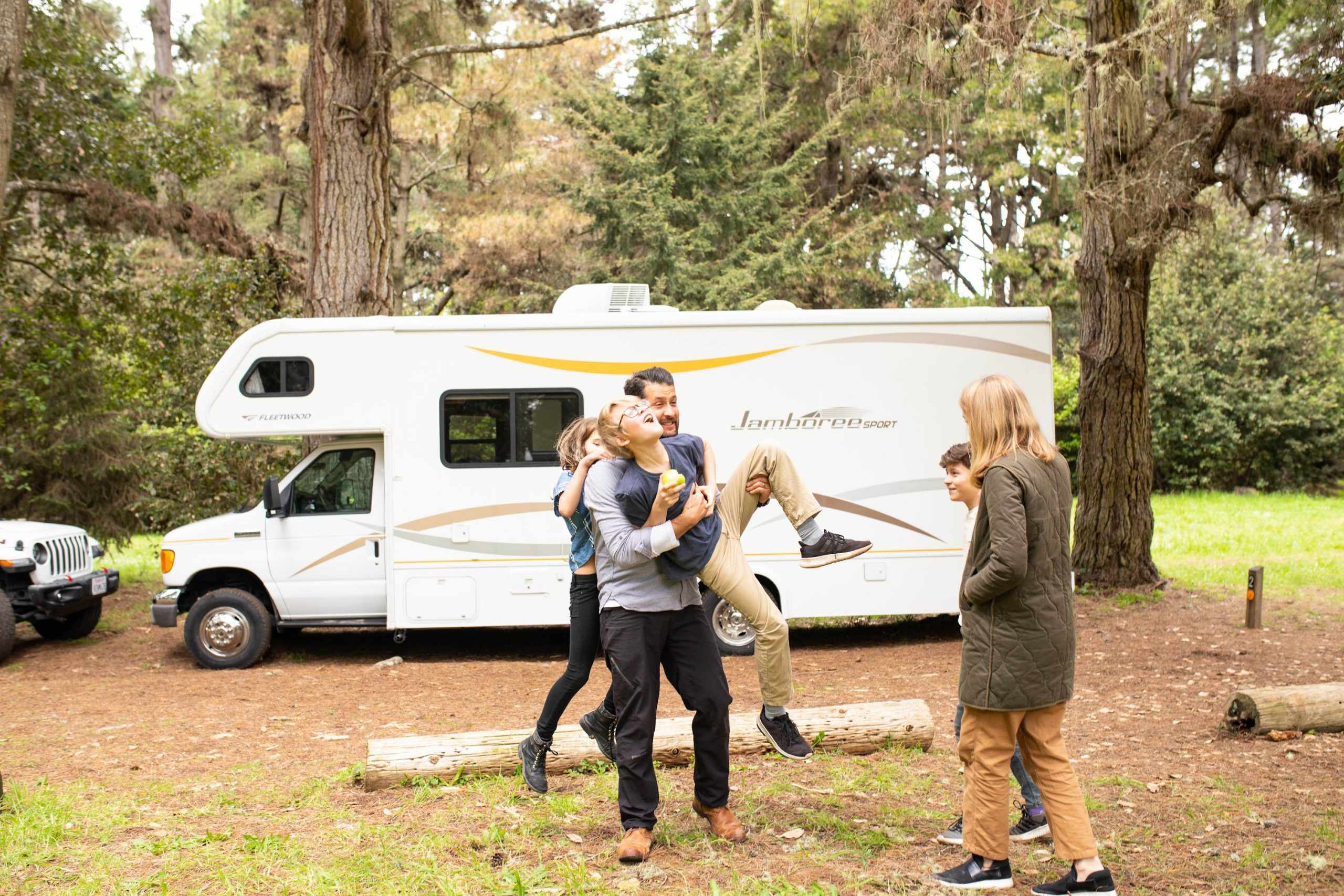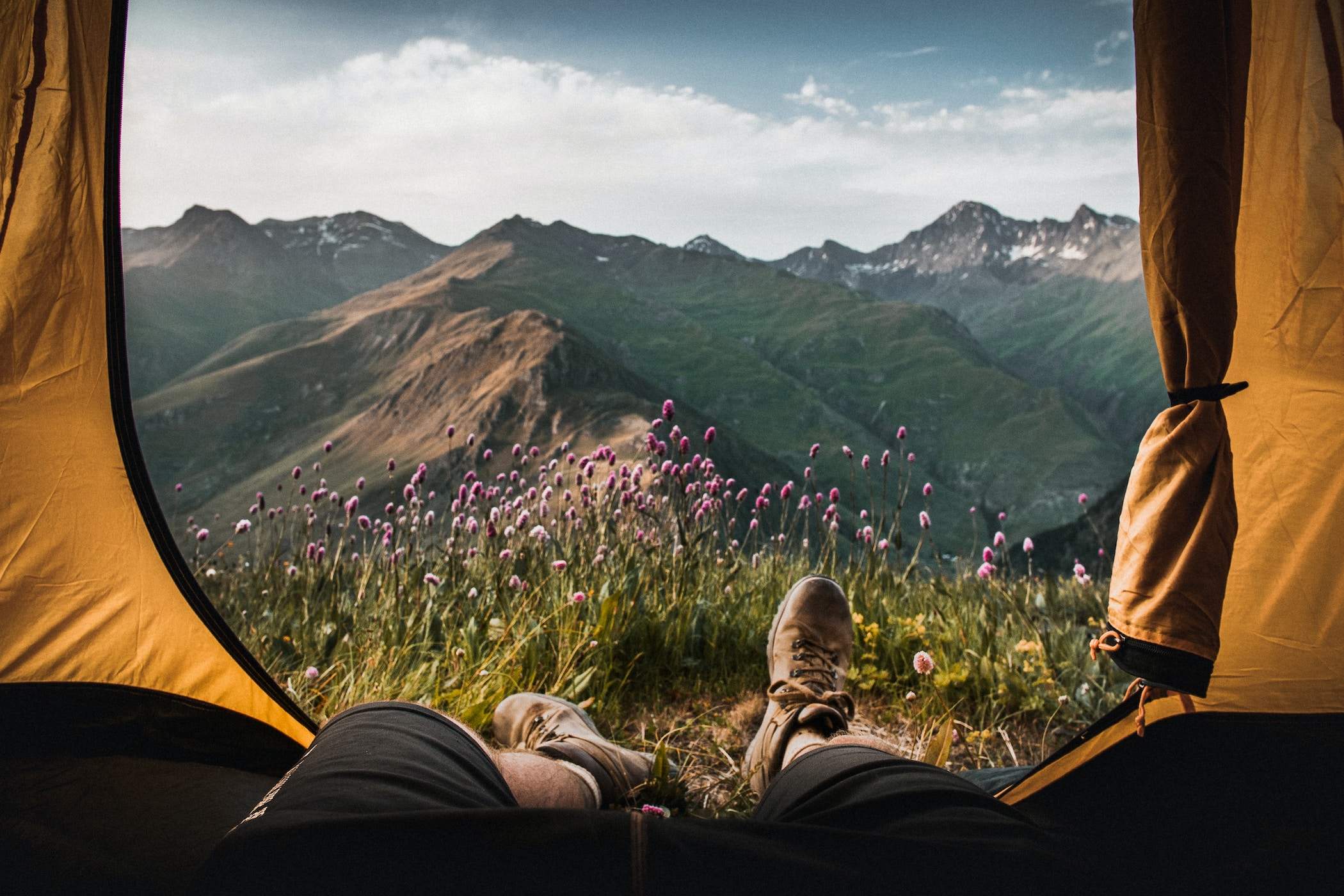Pack it in, pack it out camping is when you camp in a natural setting and leave no trace when you depart. With Earth Day and a free national park entry day happening this month, we figured it would be timely to chat about ways to not be a crappy camper.
You know the type — they literally leave their crap (or their pet’s crap, or their kid’s crap, or other crappy crap) behind for you to find when you hit camp.
We know you don’t want to be a crappy camper, so let’s equip you with eight important principles to pack it in and pack it out like you were never even there.
RVs For Rent Near You
8 Ways To Not Be A Crappy Camper
Momma Nature is a wonderful lady who gifts us with expansive outdoor spaces to enjoy. But we don’t want to take that for granted lest we lose it. Be mindful of these eight tips when you venture outdoors.
1. Know, Love, And Live Leave No Trace Principles
Leave No Trace (LNT) is a set of seven principles developed by a non-profit of the same name. These principles have become a mantra for outdoorsy folks all over the world and include things like camping in proper places, respecting wildlife, and planning ahead.
When traveling with the fam, you can get the kids learning these principles early with these fun tools and games that the LNT Foundation put together.
2. Practice Proper Pet Protocol
Pets make wonderful camping companions. Pets can also leave some crap behind that none of us want on the trail.
That’s why it’s clutch to have a game plan for clean pet camping before you roll. Bring those compostable poo bags with you, pack a leash, and know the pet rules for wherever you camp.
And, if you plan to rent an RV, be sure to filter for pet-friendly rigs.
3. Be A Responsible Fire Maker
Fires touch something deep inside us that harkens back to our caveman/cavewoman days. That’s why campsites should rarely be without them.
Except, of course, when fires are banned for certain reasons or in certain ways or in certain places.
For example, fire seasons in many regions of the U.S. see temporary fire bans put in place to protect our precious wilderness.
The crappiest of crappy camping happens when folks light fires in dangerous places, at dangerous times, or in other dangerous ways.
Always follow these rules for campfire safety when living your outdoorsy life.
4. Pack it in, pack it out
This ideal is very similar to Leave No Trace principles with the goal being to leave Mother Earth just as you found her.
Be sure you always have plenty of compostable bags for trash and a plan for dealing with gray water if you’ll be doing dishes and such at camp.
If camp rules allow fire and you make one, tidy up your fire ring before you go.
And we know pets love going au naturale, but that poo wasn’t there when you got there, so be sure to pack it out.
5. Discover Indigenous History Wherever You Park It
The hard truth is that the outdoor spaces we enjoy exist because of the stewardship of indigenous peoples who had those lands taken from them.
That’s why it’s vital to discover the stories of indigenous people and find ways to honor them everywhere you make camp. For example, national parks like Mesa Verde National Park devote time and energy to sharing the story of the Ancestral Puebloans who cultivated the space.
Check out these five ways to support indigenous people while traveling and live by them wherever you go.
6. Respect Wildlife
It seems that every year our social feeds are graced with a handful of videos from Yellowstone tourists who got way too close to Bison.
The result is predictable. An otherwise docile animal erupts into a territorial fury of muscle and fur that reminds said tourist just how real Yellowstone really is.
Don’t be this brand of crappy camper. Practice quiet observation of animals from a safe distance. Know the wildlife that’s in your range and know how to behave around them. And — most importantly — if you’re in bear or bison territory, know the rules for safety.

7. Practice Proper Trail Etiquette
Hiking and camping go hand in hand because trails are the way to bring the outdoors back into your heart and mind.
But a serene hike can get ruined pretty fast if there’s a crappy camper on the trail.
Know these rules for proper trail etiquette before you pop on those hiking boots.
8. Make Non-Crappy Camping A Family Affair
Crappy camping is a learned behavior that usually starts at a young age. Don’t let that be your kids.
When you camp with your family, bring pack it in, pack it out principles with you…
Make the kiddos part of the cleanup.
Show them safe wildlife practices through your example.
Teach them to honor those who came before us.
We’ve all had run-ins with crappy campers — either via direct contact or via the aftermath strewn about our precious lands. Pack it in, pack it out camping is the only way to fly when you get outdoors. Take heed of the eight tips we’ve laid out above lest you find yourself leaving behind more than you should in the wild.
And if you need a rig to get you camping — check out these RVs for rent near you.








